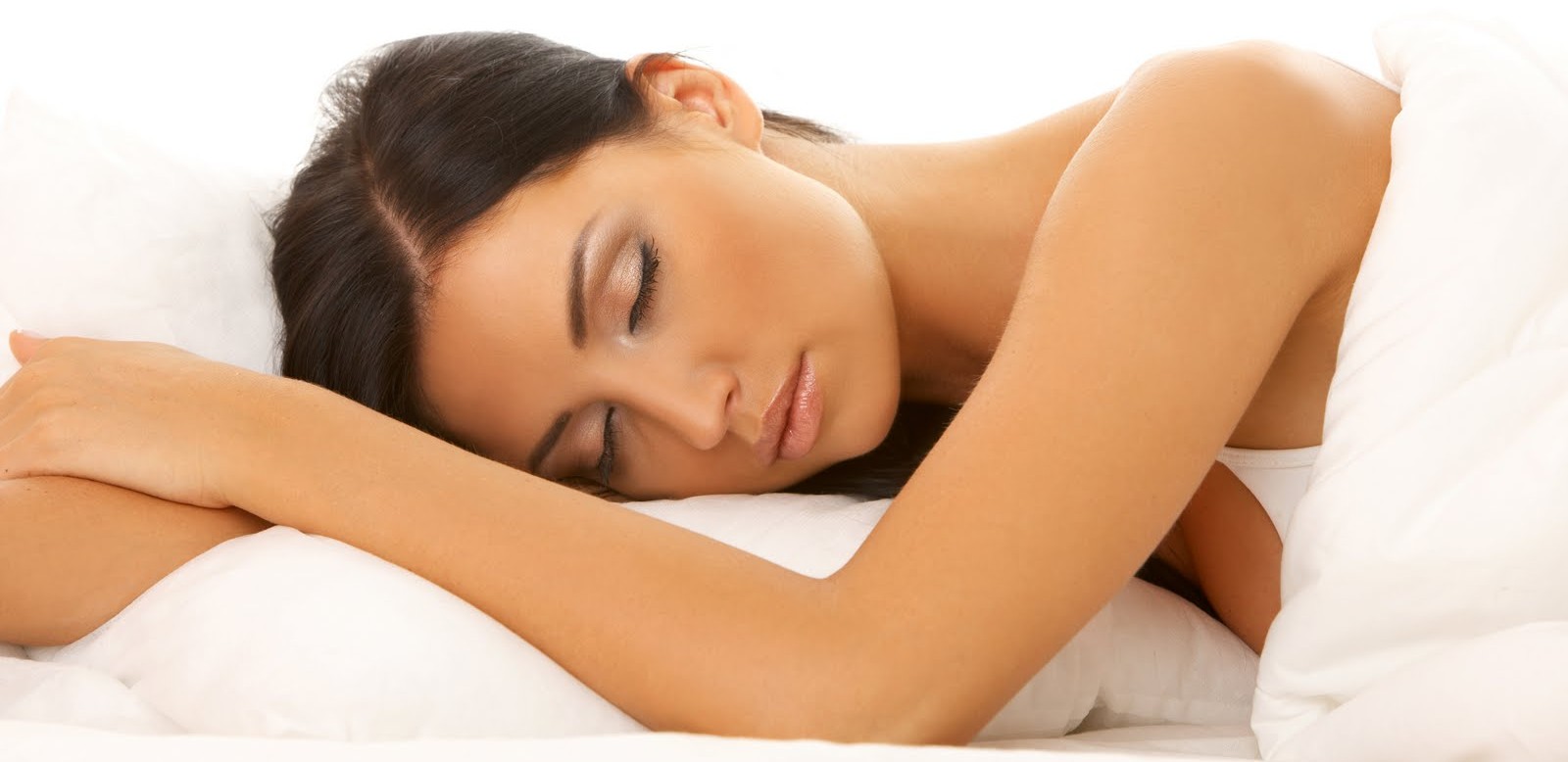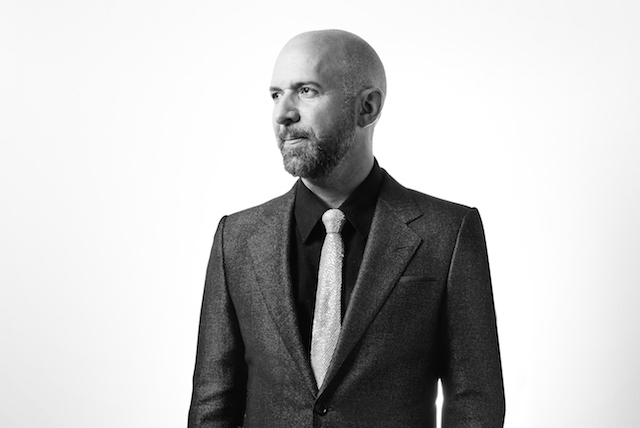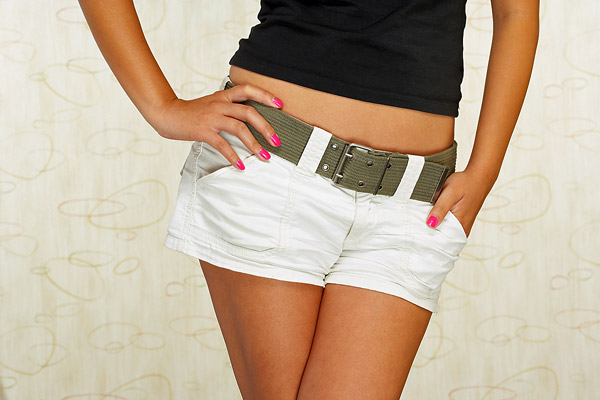By: Dr. Nigma Talib
So now that we have the bad news in part 1 of this two part article, that life’s negative curve balls can age you, the good news is we can turn back the clock and in also stop time by eating and living a life that will set the stage for optimal health.
PROTECT AND FEED YOUR CELLS
PROTECT: Don’t diet, but eat the right foods that have antioxidant, anti-inflammatory properties, foods that protect. You know more than you think. Avoid the foods that you know make your feel sick, bloated or anxious. Another way is to have your food intolerances tested to find out what is causing the inflammation in your body. This is not dieting, but rather avoiding triggers. Do not eat on the run or when your feel stressed, you will not digest your food and your food will start to ferment in the wrong areas causing a cascade of “toxic bacteria” in your body. Eat regular meals at ritualistic times to program your gut to digest optimally. Drink water with electrolytes such as magnesium, zinc to allow the water to absorb into the cells in your body. Drinking a large amount of water doesn’t guarantee it will absorb. Cut out all dairy and enjoy healthy alternatives such as almond, rice and soy milks.
FEED:
- Eat a diet rich in fruits and vegetables (including lots of vitamin C),whole grains, and lean proteins.
- Berries, along with fruits and vegetables, are especially high in antioxidants, which fight damaging free radicals.
- Salmon, walnuts, and flaxseed deliver essential fatty acids such as omega-3 for plumper, younger-looking skin. Oily fish also appears to aid against precancerous actinic keratosis.
- Healthy oils such as fish oil, evening primrose, flat seed oil and coconut oil supporting the lipid layer in the skin.
- Drinking green tea may help aging skin. A recent review assessed 20 studies, and the results suggest that taking green tea orally might be effective in preventing skin aging because of its free radical scavenging abilities.
We know from numerous studies and from my 14 years of clinical knowledge, your skin can and will improve by eating foods that nourish your cells as we age.
MEDITATE: There is so much research to suggest that meditation increased telomerase in the blood stream which prevents your DNA strand from being shortened. This is in a way symbolic of controlling your negative thoughts and finding your center not allowing these to spiral out of control.
EXERCISE: Exercise keeps you young. Exercise helps reduce the stress hormones that contribute to aging and at the same time releases mood-enhancing chemicals which help us cope with stress better.

SLEEP: As we get older, many find it harder to fall asleep or wake up more often during the night and as a result we get less sleep. It is a myth we need less sleep as we age. Supplements such as melatonin , L-theanine, Ashwaghanda and Valerian can also be helpful, subject to the advice of your Naturopathic Doctor or Integrative health care practitioner. The duration of your sleep affects your skin quality. Several studies have revealed that sleep deprivation can disturb skin barrier function, and because it deprives the immune system, collagen production may be affected.
Position of sleep is very important. You can develop facial wrinkles by sleeping in the wrong position with your face buried in the pillow. Train yourself not to sleep prone (on your stomach). Or if you cannot reposition your sleeping, buy silk pillow cases as the fabric is super smooth and soft reducing the risk of waking up with the dreaded facial wrinkles.
SKIN SUPPORT
INSIDE SKIN SUPPLEMENTS
Various supplements may help boost skin’s appearance. Always check with your Naturopathic Doctor or Integrative Health practitioner for supplement advice for your unique needs.
- Vitamins C, D, and E may help protect against photo-aging.
- Silicon supplements may improve photo-aged skin.
- Coenzyme Q10, alpha-lipoic acid, and glutathione may reduce signs of aging.
OUTSIDE THE MOST IMPORTANT FACTOR: SUN PROTECTION
As most of us know, prolonged exposure to the sun and artificial UV sources such as tanning beds cause skin to age prematurely. Even if you are walking outside on a cloudy day, your skin is still exposed to UV rays and you will increase your risk to photo aging which are early signs include fine wrinkles and lines, spider veins, pigmented spots, loss of skin tone, and lips that start to lose color and fullness.
Extended exposure can mean deeper wrinkles and frown lines; age spots; and red, rough actinic (sun-related) keratoses that could be precancerous. Fair-skinned people are more susceptible to photoaging than those with darker skin types.
Choose a natural sunscreen with a minimum SPF 30 that protects against UVA and UVB rays, and apply it frequently. According to the Environmental Working Group, mineral-based SPFs are the best choice. If you wear cosmetics, consider those that contain a natural SPF, too.
The obvious solution is to stay out of the sun, but let’s face, it, we’re exposed to UV rays all year long. The most important time to protect your skin from the harmful rays is between 11 am and 3 pm.
Find shade, and wear broad-brimmed hats and clothing that cover as much skin as possible. Of course, always avoid indoor tanning, such as tanning beds.
Check your skin frequently for signs of skin cancer and contact your health care practitioner immediately if you notice changes. Look for moles that have changed in appearance, are asymmetrical, have uneven borders, aren’t consistently colored, or are larger than 1/4 in (6 mm) in diameter.
SKIN HYDRATION AND TREATMENTS
It’s commonly thought that drinking extra water affects the hydration and appearance of skin, but as I said earlier, drinking a lot of water doesn’t necessarily absorb unless you drink water with electrolytes.
Help keep skin hydrated:
Use a gentle natural cleanser instead of soap, and steer clear of skin products that contain alcohol as this strips your skin of all oils.
Avoid dry air or spending too much time in hot or chlorinated water, if you are exposed to these environments make sure you cleanse your skin with an alpha hydroxy cleanser removing all debris off the skin and then hydrating with a hyaluronic acid gel to plump and hydrate the skin.
Wear a scarf and gloves in cold weather outdoors, and try a humidifier indoors.
Moisturizers are very beneficial to aging skin but they do not penetrate the deeper layers of the skin, so make sure you use a low molecular hyaluronic acid gel before applying the moisturiser. Moisturizers act as a barrier against water loss and replace skin lipids and other compounds in skin so this should be your last layer with spf30 or above.
Using serums rich in vitamin C, natural hydroxy acids, coenzyme Q10, tea extracts (especially green tea), grapeseed extracts, or niacinamide (vitamin B3) are great to use on naked skin every evening to allow for skin regeneration and repair whilst you sleep.
Managing stress will go a long way to promoting attractive and healthy skin. By setting reasonable limits and incorporating more activities that you enjoy into your day, your stress may decrease and your skin may look more refreshed and relaxed. You might also want to consider as relaxation therapies such as meditation, deep breathing exercises, or massage therapy to reduce your stress. Choose health care practitioners such as a Naturopathic Doctor or a integrative medicine practitioner. These practitioners will be able to recommend stress-relieving and supportive supplements specific to your needs.
Dr. Nigma Talib is a Canadian Naturopathic Doctor and esthetician having practices in both London and New York. She is currently clinical director of holistic medicine for www.healthydoc.com, LTD at London’s Body Works West and clinic director at the Center for Balanced Health in New York. Dr. Talib regularly appears as an expert in health and wellness in her field in magazines, newspapers and television. She has been awarded with the Princeton Global Award for being a top professional in the field of Naturopathy, as well as for her educational media appearances.




Pingback: The Outcomes From Sleep Deprivation - Magazine4You